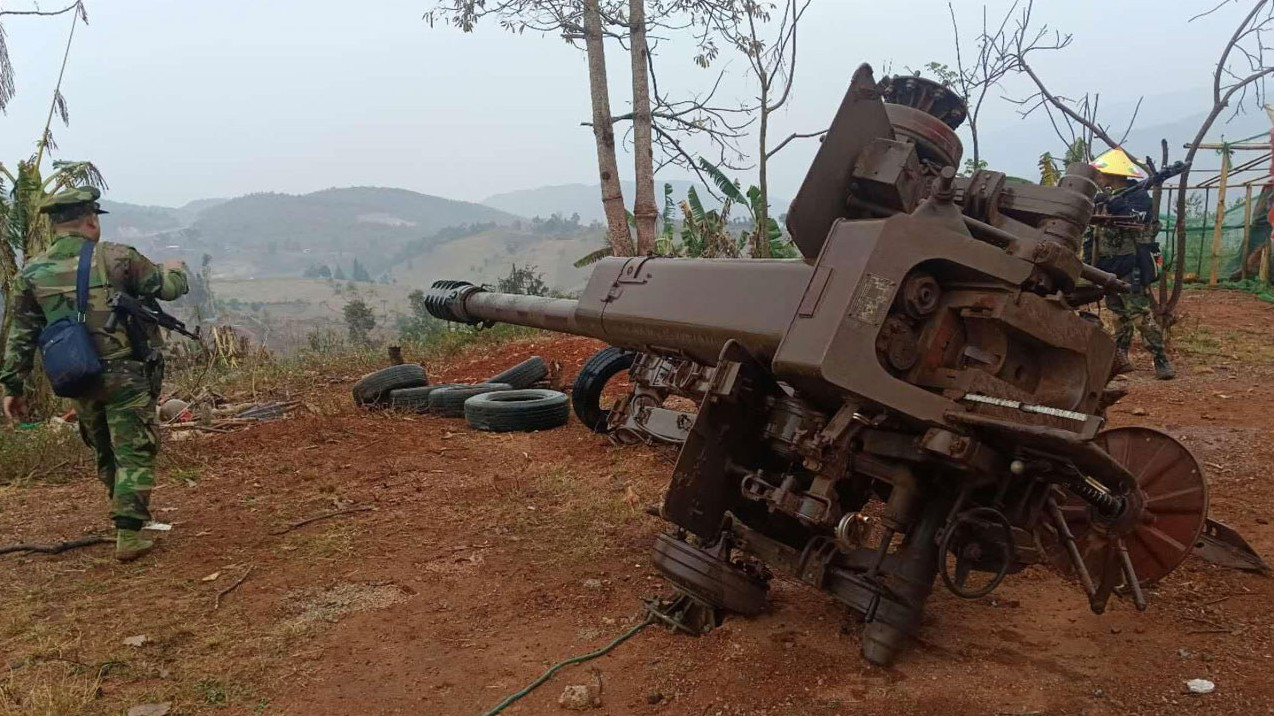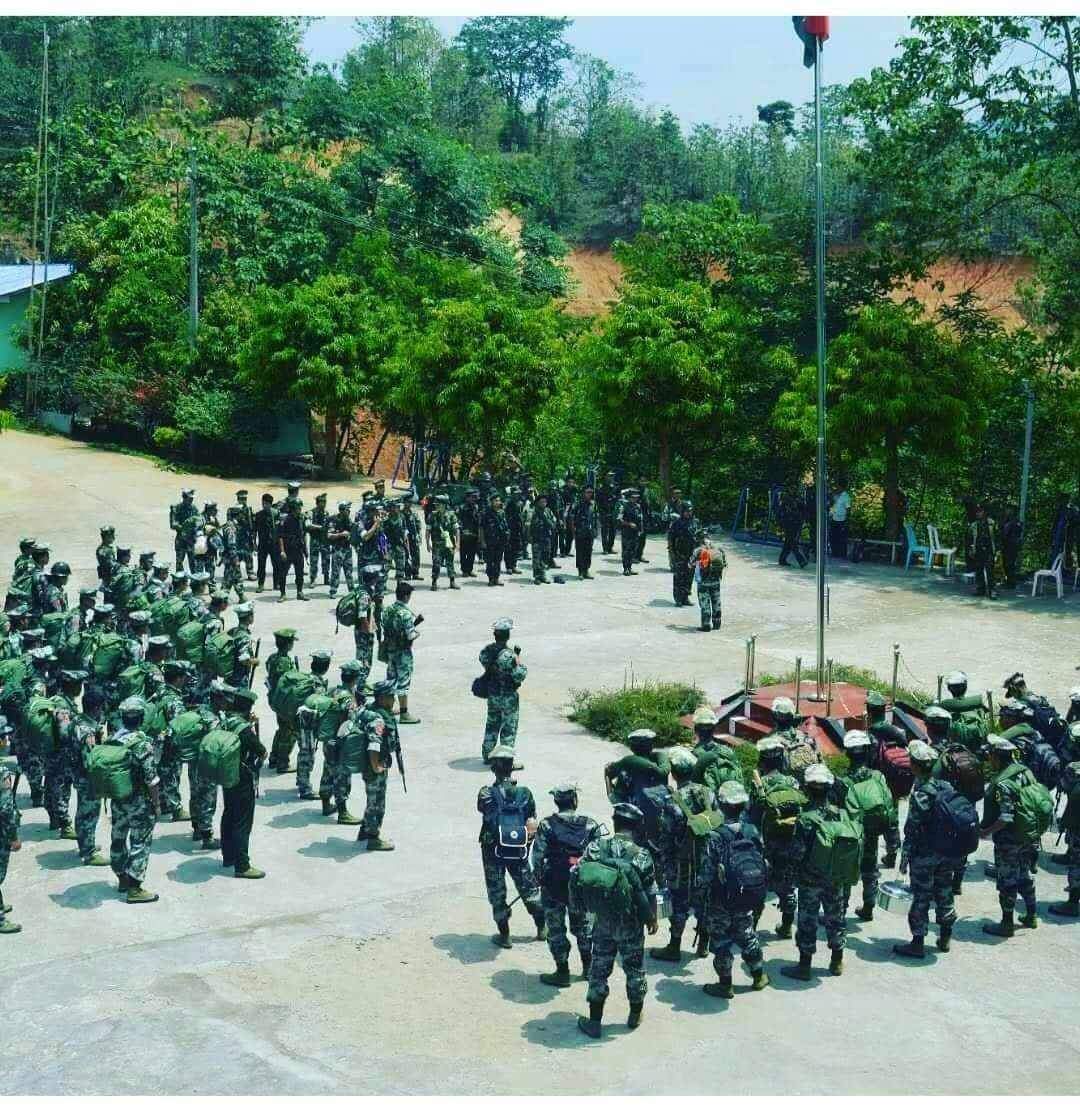Self-Regulatory Organizations (SROs) play a pivotal role in the blockchain and cryptocurrency industry by establishing and enforcing industry standards, best practices, and ethical guidelines.
These organizations are typically formed by industry participants and operate independently of governmental regulatory bodies, although they often work in collaboration with them.









Here are the key aspects and examples of SROs in the blockchain space:
1. Role and Functions of SROs
Standard Setting
Developing Guidelines: SROs create guidelines and standards for industry practices, covering areas like security, transparency, and ethical conduct.
Best Practices: They establish best practices for various aspects of blockchain operations, including token issuance, trading, and data management.
Enforcement
Compliance Monitoring: SROs monitor member compliance with established standards and guidelines.
Disciplinary Actions: They have the authority to take disciplinary actions against members who violate the standards, which can include fines, suspensions, or expulsion from the organization.
Advocacy and Representation
Industry Representation: SROs represent the interests of the blockchain industry in discussions with regulators and policymakers.
Advocacy: They advocate for favorable regulatory frameworks and policies that support the growth and innovation of the blockchain industry.
2. Examples of SROs in Blockchain
Japan Virtual Currency Exchange Association (JVCEA)
Formation: The JVCEA was established by 16 licensed cryptocurrency exchanges in Japan in response to regulatory requirements.
Functions: It sets rules and guidelines for member exchanges, conducts audits, and provides recommendations to the Financial Services Agency (FSA) of Japan.
Impact: The JVCEA plays a crucial role in maintaining market integrity and protecting consumers in the Japanese cryptocurrency market.
Crypto Valley Association (CVA)
Location: Based in Zug, Switzerland, known as “Crypto Valley.”
Focus: The CVA promotes the development of blockchain technology and aims to create the world’s leading ecosystem for cryptographic and distributed ledger-based businesses.
Activities: It provides networking opportunities, educational resources, and advocacy for regulatory policies that favor blockchain innovation.
International Association for Trusted Blockchain Applications (INATBA)
Formation: Launched by the European Commission, INATBA aims to bring together developers and users of blockchain technology with regulatory authorities.
Objectives: To support the development and adoption of blockchain by creating a framework that promotes legal certainty, compliance, and interoperability.
Members: It includes a diverse membership base, including blockchain startups, major technology companies, and public institutions.
3. Key Activities and Initiatives
Regulatory Compliance
Guidance and Support: SROs provide guidance to their members on how to comply with existing regulations and prepare for upcoming regulatory changes.
Self-Regulatory Frameworks: They develop self-regulatory frameworks that help fill gaps in formal regulation and provide a structured approach to compliance.
Education and Training
Workshops and Seminars: Conducting educational programs to enhance understanding of regulatory requirements, technical standards, and ethical practices.
Certification Programs: Offering certification for compliance with industry standards, which can help build trust with consumers and regulators.
Dispute Resolution
Arbitration and Mediation: Providing mechanisms for resolving disputes between members or between members and their customers, often through arbitration or mediation services.
Transparent Processes: Ensuring that dispute resolution processes are transparent and fair, thereby fostering trust in the industry.
4. Benefits of SROs
Enhanced Credibility
Trust and Confidence: By adhering to SRO standards, blockchain companies can enhance their credibility and build trust with consumers, investors, and regulators.
Market Integrity: SROs help maintain market integrity by enforcing ethical standards and best practices, which can prevent fraud and misconduct.
Collaborative Regulation
Industry-Government Collaboration: SROs facilitate collaboration between the blockchain industry and government regulators, helping to shape balanced and effective regulatory policies.
Adaptive Frameworks: They can quickly adapt to technological advancements and market changes, providing a more flexible regulatory approach compared to traditional government regulation.
5. Challenges and Considerations
Authority and Enforcement
Limited Enforcement Power: Unlike governmental regulators, SROs may have limited enforcement power, relying on voluntary compliance by their members.
Membership Commitment: The effectiveness of an SRO depends on the commitment and cooperation of its members to uphold the established standards and guidelines.
Global Coordination
Cross-Border Issues: Blockchain technology is inherently global, which can complicate the efforts of SROs to enforce standards across different jurisdictions.
Harmonization of Standards: Coordinating standards and practices across various SROs globally to ensure consistency and prevent regulatory arbitrage.
Self-regulatory organizations are essential in the blockchain ecosystem for establishing industry standards, promoting best practices, and enhancing regulatory compliance. By fostering collaboration, education, and dispute resolution, SROs contribute significantly to the sustainable development and trustworthiness of the blockchain industry.

Leave a Reply